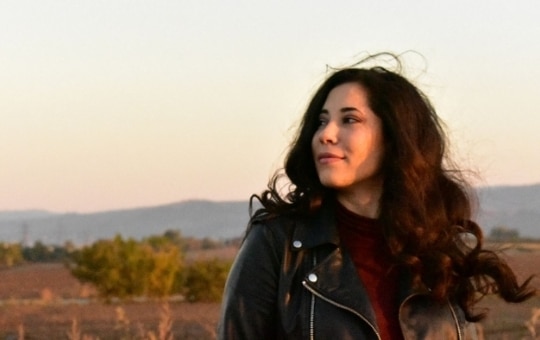
When Change Begins in Us
Jesus knew from the beginning that he would be rejected by those he came to save. Yet he never swerved from the path his Father had set before him That did not mean it was easy for him. Because he was a normal human being, rejection must have been as painful for him as it is for you and me.
His rejection by his own hometown and by his own family must have been particularly painful. He had lived a model life of holiness and service right in their midst, yet they would not believe. He did not fit their image of what the Messiah was to be, so they spurned him.
Those who rejected Jesus hungered for more signs and wonders rather than for a life of self-sacrificing love. They wanted a show, not humility; a carnal display, not holiness. They wanted him to outdo the Romans at the Roman game, but Jesus had come to play another game. They wanted him to change their circumstances, not to change them.
Jesus had come to change them so he could change the circumstances of other people. They had things backwards.
Does God perform acceptably for you? Does he act the way you think he ought to act? If he doesn’t, do you think it is because he is out of line, or because your perspective is askew? Most of us want him to change our circumstances and other people’s character, not our character and others’ circumstances.
But the only way he can change other people’s circumstances through us is to change us. And that is a different process. It meant a Cross for Jesus, and if we want to follow him, it will mean one for us as well.
—Dennis Kinlaw, This Day with the Master

Jesus knew rejection would come—but he chose obedience anyway. He was misunderstood, dismissed, and even rejected by those closest to him. They wanted a Messiah who dazzled with power, not one who walked the path of humility and sacrifice. But Jesus came to change hearts, not just circumstances. He came not to impress, but to transform. And that transformation had to begin with those willing to surrender, not demand.
We often come to God hoping He’ll fix what’s around us—our problems, our relationships, our frustrations. But Kinlaw’s words challenge us to ask: what if God wants to start by changing us? That’s harder. It’s a slower, deeper process—and it often feels like a kind of dying. But it’s also the way of the Cross. If we’re willing to follow Jesus there, He will use our transformed lives to bring real change into the lives of others. It’s not the game we expect—but it’s the one that leads to life. —DH
—David Hoskins, Founder & Care Guide, Sanctuary Clinics
